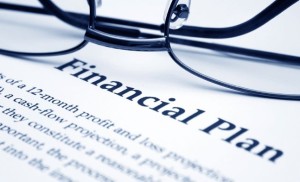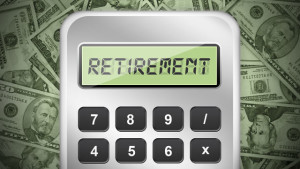 Today’s top story: How to prepare for a recession. Also in the news: What to do if you can’t pay your mortgage, how to stay organized when you have multiple credit cards, and how to find a bank that pays you to open an account.
Today’s top story: How to prepare for a recession. Also in the news: What to do if you can’t pay your mortgage, how to stay organized when you have multiple credit cards, and how to find a bank that pays you to open an account.
How to Prepare for a Recession
Take steps now.
What to Do If You Can’t Pay Your Mortgage
Talk to your lender immediately.
How to Stay Organized When You Have Multiple Credit CardsKeeping a master list.
Find a Bank That Pays You to Open an AccountBonuses are out there.
 Today’s top story: Recession fears and how to combat them in 2020. Also in the news: What to do if you’ve inherited a Roth IRA, which airline has the most valuable rewards, and get ready to file your 2019 taxes with this checklist.
Today’s top story: Recession fears and how to combat them in 2020. Also in the news: What to do if you’ve inherited a Roth IRA, which airline has the most valuable rewards, and get ready to file your 2019 taxes with this checklist. Today’s top story: How young investors can prepare for the next recession. Also in the news: A new episode of SmartMoney podcast on family holiday travel, how to break free from your parents’ money patterns, and should you trust online shopping apps like Honey?
Today’s top story: How young investors can prepare for the next recession. Also in the news: A new episode of SmartMoney podcast on family holiday travel, how to break free from your parents’ money patterns, and should you trust online shopping apps like Honey?  Today’s top story: Is Premium Economy airfare worth the money? Also in the news: 6 common retirement mistakes and the simple solution to all of them, credit cards that go beyond rewards to cover travel costs, and how to protect your finances if you’re worried about a recession.
Today’s top story: Is Premium Economy airfare worth the money? Also in the news: 6 common retirement mistakes and the simple solution to all of them, credit cards that go beyond rewards to cover travel costs, and how to protect your finances if you’re worried about a recession. Today’s top story: How to outsmart smartphone scammers. Also in the news: 5 military budgeting tips, states that will pay you to work there, and just how worried you should be about a possible recession.
Today’s top story: How to outsmart smartphone scammers. Also in the news: 5 military budgeting tips, states that will pay you to work there, and just how worried you should be about a possible recession. Today’s top story: 5 cheaper alternatives to popular vacation spots. Also in the news: How credit unions fit in your financial life, how to prepare for an economic downturn, and the fee the IRS is waiving for more than 400,000 filers.
Today’s top story: 5 cheaper alternatives to popular vacation spots. Also in the news: How credit unions fit in your financial life, how to prepare for an economic downturn, and the fee the IRS is waiving for more than 400,000 filers.